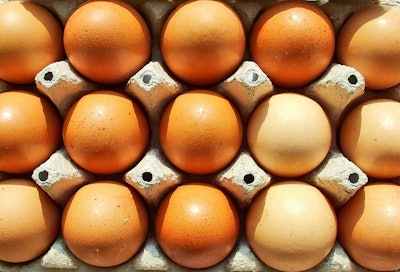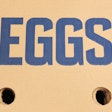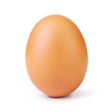
South Korea was subject to a wave of highly pathogenic avian influenza (HPAI) outbreaks that began in November 2020 on a poultry farm in Jeongeup. In its peak, HPAI was found on more than 100 farms across South Korea, leading the government to cull almost 29 million chickens to stop the outbreak. Additional HPAI infections have not been reported by farmers since April 2021 explained the Korea Herald.
The outbreak caused a severe increase in egg prices (up 57 percent on-year as of July 2021 according to Yonhap), and an alteration of the original culling order by the South Korean agriculture ministry that changed the distance from three kilometers to one kilometer of each infection location due to food supply chain disruptions.
Yonhap reported that local chicken farms repopulating farms, hopefully leading to the stabilization of market egg prices. “The country plans to bring in 100 million eggs in August and September, respectively, more than the 70 million eggs imported in June, according to the finance ministry. South Korea brought in 144 million eggs between January and May to ease the supply shortage caused by the outbreak of bird flu here,” reported the news agency.
Imports
To help stabilize increased prices and improve supply after culling millions of birds, the South Korean government applied a “zero-tariff policy” for 50,000 tons of eggs and egg products in January 2021 that lasted through June 2021. According to the USA Poultry and Egg Exporting Council (USAPEEC), the outbreak has caused an increased demand in the US market for shell eggs and egg products for export.
“On June 22, 2021, Korea announced an additional 36,000 MT temporary tariff rate quota (TRQ) for eggs and egg products in effect until December 31, 2021. The additional TRQ will help maintain increased levels of egg imports to stabilize egg prices in the Korean market. Strong demand for imports of U.S. eggs into Korea is likely to continue through at least August 2021,” reported the United States Department of Agriculture (USDA) Foreign Agriculture Service (FAS).
The USDA FAS also explained that the supplementary TRQ will help sustain increased levels of egg imports, which should assist in stabilizing egg supply prices in the Korean market.


















